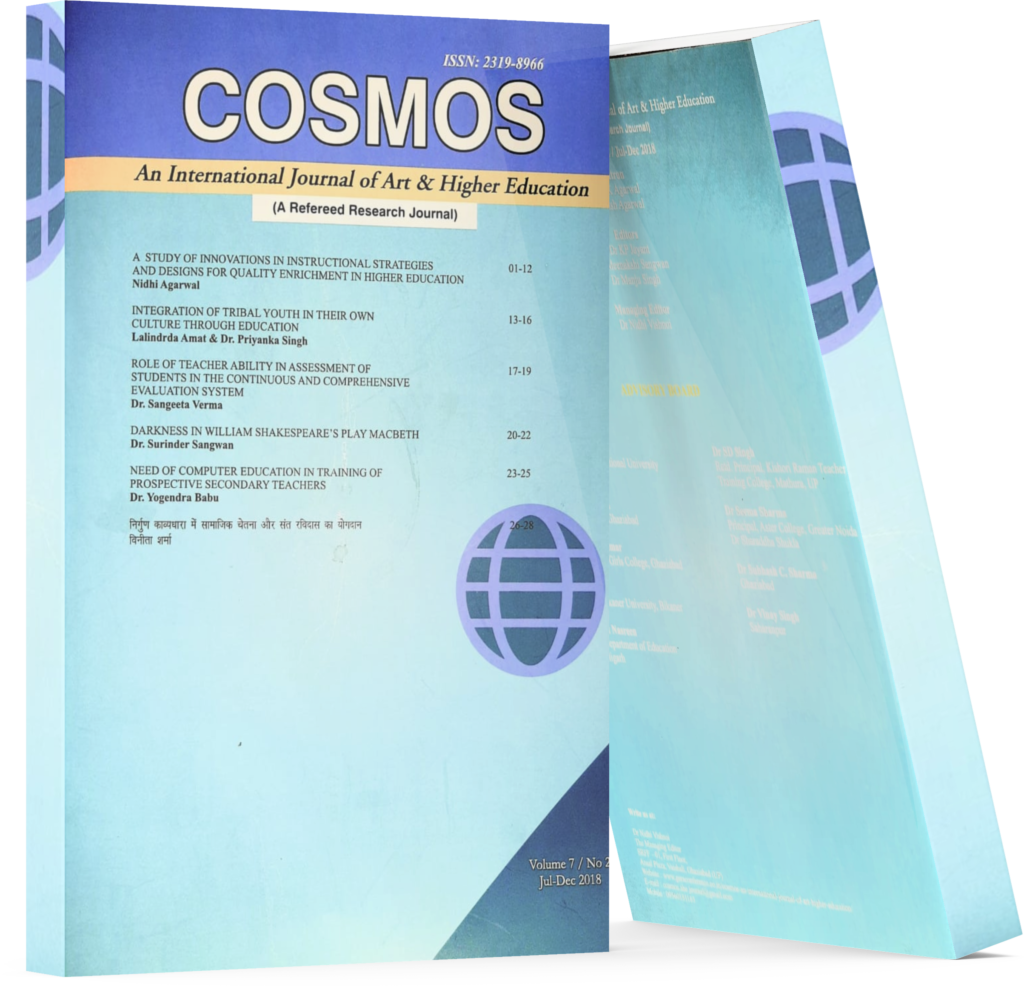SWEET POTATO (IPOMOEA BATATAS) TOASTED MUFFINS
Keywords:
Sweet Potato, Toasted Muffin, Sensory Attribute, Shelf Life.Abstract
This research aimed to formulate toasted muffins using sweet potato as the main ingredient. Specifically, the study aimed to present the profile and description of the product. The study utilized the experimental method of research employing the three-treatment formulation that is: Treatment 1 containing 25 grams of cooked mashed sweet potato; Treatment 2 containing 30 grams of cooked mashed sweet potato; and Treatment 3 containing 35 grams of cooked mashed sweet potato. Based on the result, Treatment 3 has the highest total cost of ingredients which is ₱658.90 due to the amount of sweet potato used. The three treatments utilized the same tools and equipment and underwent the same process. Further, the researchers described the product according to its shelf life, organoleptic characteristics, and packaging specifications. It was found that the Sweet Potato Toasted Muffins in three treatments have a shelf life of 90 days compared to muffins that are not toasted. In terms of organoleptic characteristics, the product in three treatments has a circle or round shape and has a golden brown color; the smell of sweet potato was striking; it was smooth to the touch and had a sweet taste with a tender and rough texture. In terms of product packaging, the Sweet Potato Toasted Muffins in three treatments were packed in two types: the product was sealed in a transparent zip bag, and the secondary type of packaging was with the use of a paper box which protected the product from being deformed. With the findings presented, the researchers concluded that sweet potato could be used as the main ingredient in making a new variety of muffins, and Sweet Potato Toasted Muffins could be introduced to the food business industry.
Downloads
References
Books
Giango (2017). The Formulation of Sweet Potato (Ipomoea batatas) Bread. Page 271- 278
The Constitutions of the Philippines, (2008). Page 87. Science and Technology.
Unpublished Books
Orilla, C. et al. (2019). Sensory Evaluation of Squash Biscotto. College of Technology and Allied Sciences. Balilihan Campus Balilihan Bohol.
Internet Sources
Bibliography (2014). Handbook of Food Science and Technology. Retrieve from:
Bibliography (2017). Handbook of Food Science and Technology. Retrieve from: https://www.researchgate.net
Brown, et. al. (2005). Quality Management Journal. Retrieve from: https://www.researchgate.net
Everis, L. (2017). Things you need to consider when setting a shelf life. Retrieve from: ttps://www.campdenbri.co.uk>blogs
Majhen, I. (2020). Food Theory and its Influencing Factors. Retrieve from:
https://www.worldfoodstory.co.uk
McLeod, S., (2020). Maslow’s Hierarchy of Needs. Retrieve from:
https://www.simplypsychology.org
Phillipps, B. (2000). Muffins, Crafty Baking, Formerly Baking 911. Retrieve from: https://www.craftybaking.com
Prieto, Jose (2016). Root and Tuber Crops as Functional Foods: A Review on Phytochemical Constituents and Their Potential Health Benefits. Retrieve from: https://www.webmd.com
Shrubook, N. (2009). The Health Benefits of Sweet Potato - BBC Good Food. Retrieve from:
Ware, M. (2019). Sweet Potato: Health Benefits and Nutritional Information Retrieve from:
https://www.medicalnewstoday.com. 11. Zimmer, C. (2018). The Humble Sweet Potato Colonized the World. Retrieve from: https://www.nytimes.com

